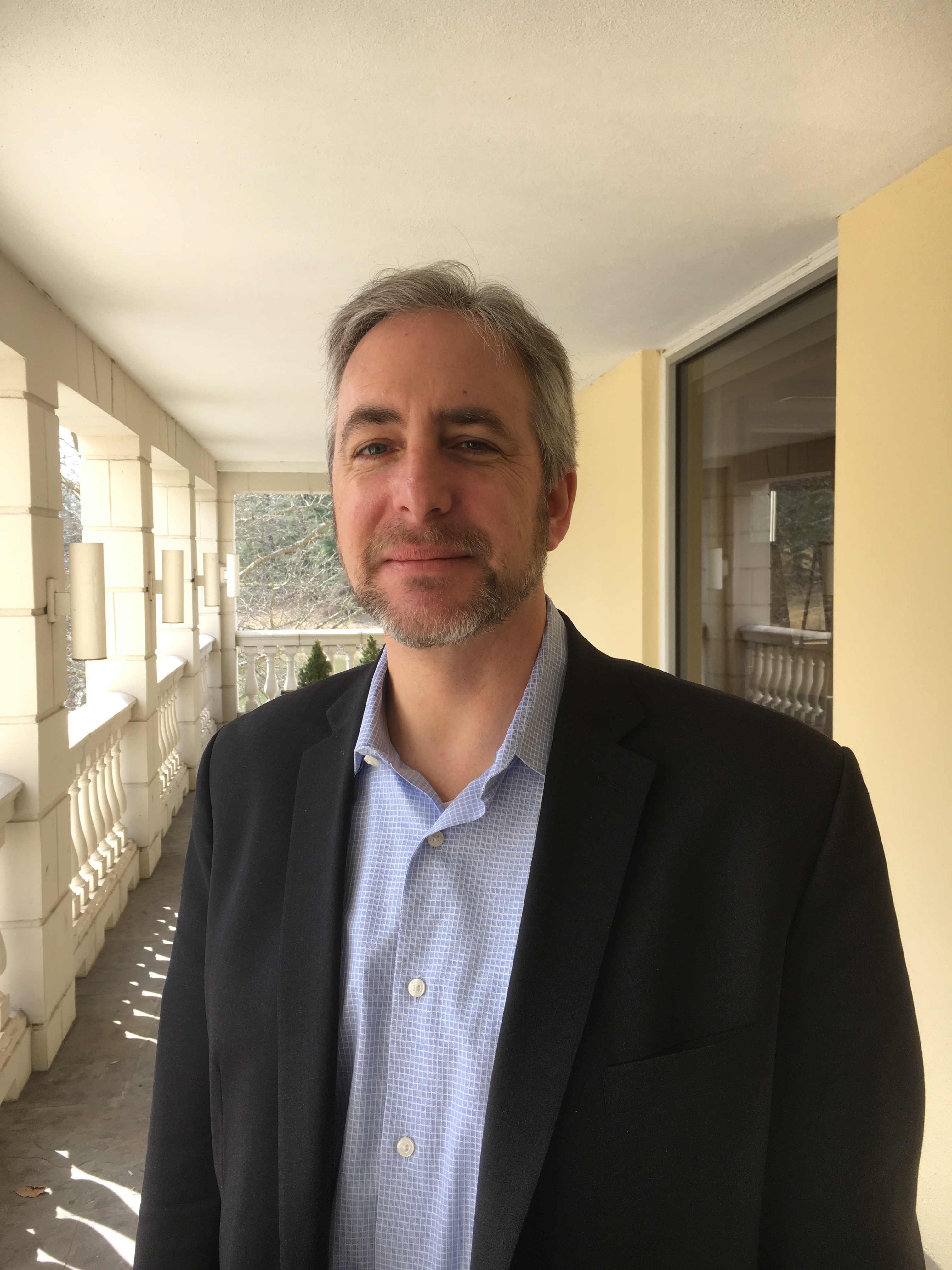Earlier this week, the Eno Center for Transportation announced that Rob Puentes will be the next President and CEO of the Center, succeeding departed President/CEO Joshua Schank and interim leader Emil Frankel.
Puentes is no stranger to the field of transportation or to the think tank realm, having served at the venerable Brookings Institution since 2000, where he is currently director of their Metropolitan Infrastructure Initiative.
Team Eno has been busy this week with meetings of our Board of Directors and Board of Advisors, but during those meetings, ETW sat down for a quick Q&A with Rob Puentes.
Q: So tell me about yourself. What’s your background? How’d you wind up at Brookings, and in transportation?
A: I was born in New Jersey. My dad was an elevator mechanic, so he likes to say that we’ve both been in transportation for a long, long time. I went to school for a degree in planning. I initially thought I was going to be a land-use lawyer, and when I was graduating, my advisor said “maybe you should not go to law school right now, maybe you should go work at a law firm and see if you want to do that.” And I realized pretty early that I didn’t want to go into law. So I got into transportation. I was working at ITS America. Folks like Norm Mineta were early mentors and colleagues of mine.
I was at ITS America for a number of years, when they were going through their own transition, kind of moving away from this utilized federal advisory committee that was designed to mainstream ITS, right about this time they started up this program at Brookings. Bruce Katz, my boss, came over from HUD where he was chief of staff for Henry Cisneros back when HUD was our nation’s think tank on cities, which gives you a good idea how bad it was, there really wasn’t anything going on but at HUD.
That program is now 20 years old but at the time there was an understanding that if you’re gonna deal with issues that impact cities and metropolitan areas, infrastructure and transportation was at the top of that list. So I came there to build up that initiative at Brookings. And it’s been fantastic. I think we took infrastructure kind of out of the back rooms and board rooms where it was and really tried to push it to the front burner of the policy discourse. We got it far, we certainly haven’t pushed it all the way through, as we all know.
We still have tremendous problems when it comes to infrastructure in this country – not just funding and finance, but from a social equity perspective, from an environmental perspective, so lots of issues we still have to deal with. I’m confident that initiative will still continue at Brookings for a while, there are still a lot of unresolved issues, but this chance to come over here to an organization as well-respected as Eno was too good to pass up.
Q: Were there any specific reports or projects during your time at Brookings that really stand out, that you’re particularly proud of?
A: Brookings was the hub of a network of transportation reformers at the time. This was right around the reauthorization of SAFETEA-LU…there was a major philanthropic initiative, and there were a lot of organizations that were funded. We took a lot of transportation thinkers to a retreat not unlike this one where we kind of broke down the transportation program and put together what we thought was a really clear and cogent blueprint for what the federal transportation program should look like. Folks like Emil [Frankel], Joshua [Schank] were heavily involved in that process. The report that came out of that is called A Bridge To Somewhere which was a very ambitious, far-reaching kind of program. Some of it got implemented, thinks like sustainability grants, some of the devolution work that is in there, there’s a lot of things that got partway but obviously we still have a long, long way to go.
Q: What was it that attracted you to Eno?
A: Clearly the chance to get outside of my own comfort zone. Eno, as an organization that is poised and ready to do lots of different things, was really attractive. The chance to run an organization is clearly a big piece of that as well. And it’s not a startup – it’s an organization that has been around for 95 years. It has a tremendous reputation. I know the staff well and they are very well respected. It’s a very strong Board of Directors and Board of Advisors. So it wasn’t such a big leap. It was almost a natural, I think, progression into a place that is functioning very well and is poised to do much more in the future.




